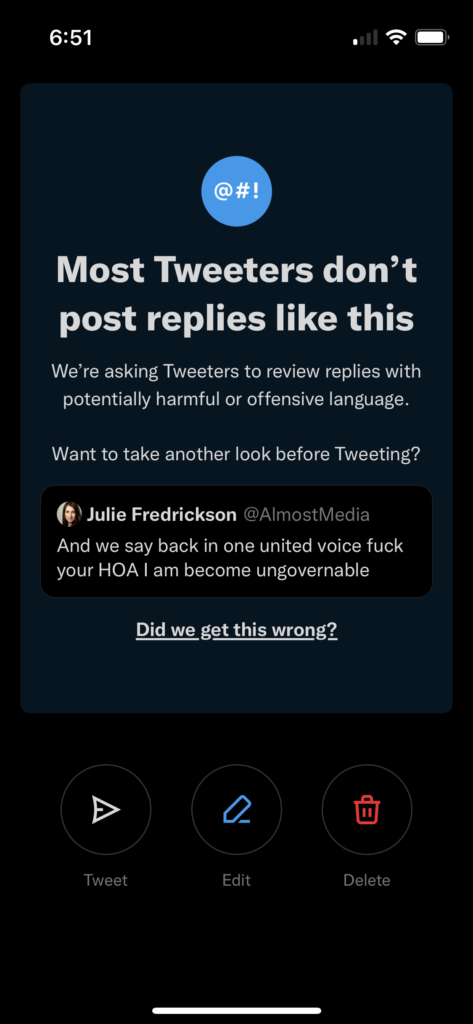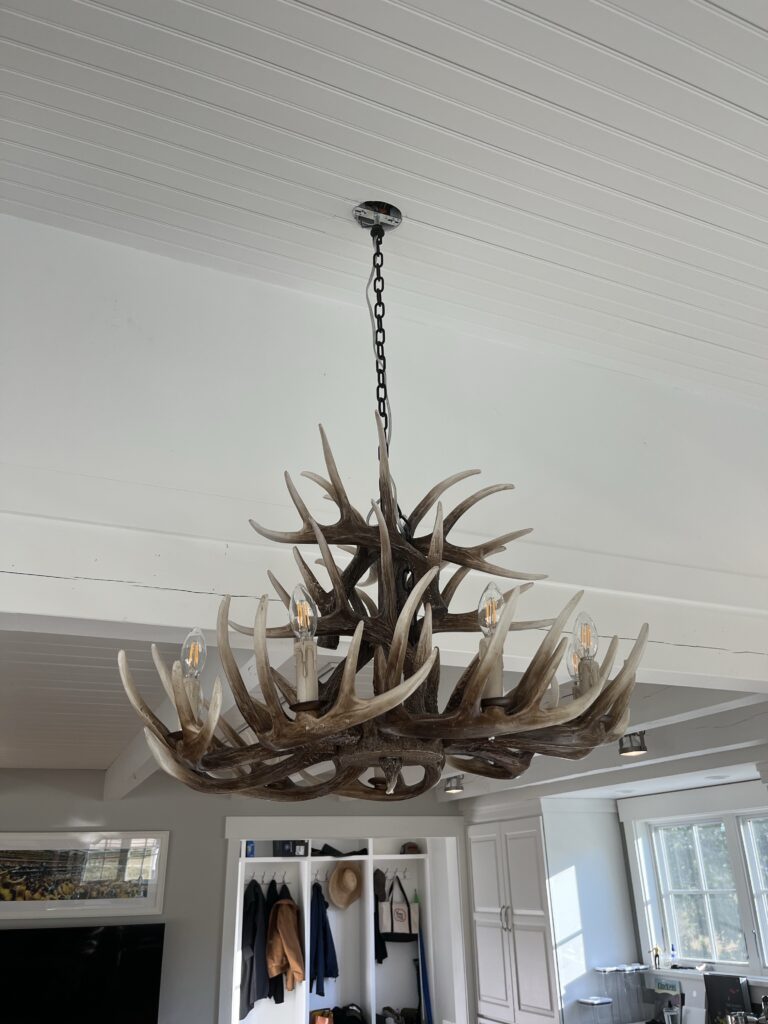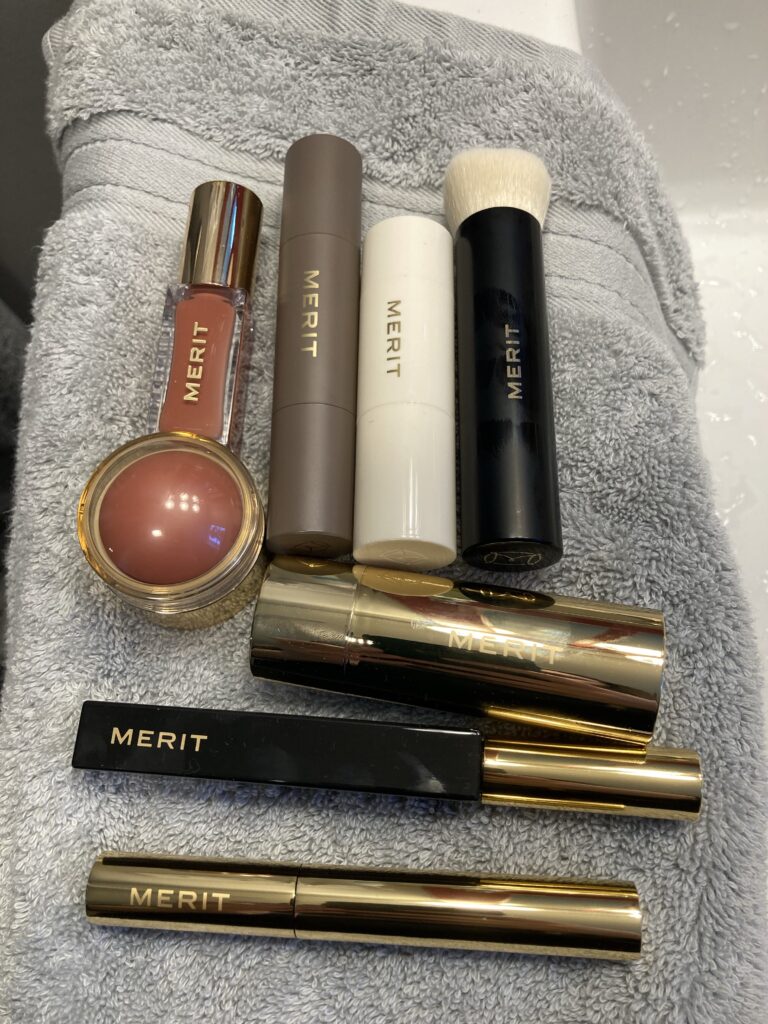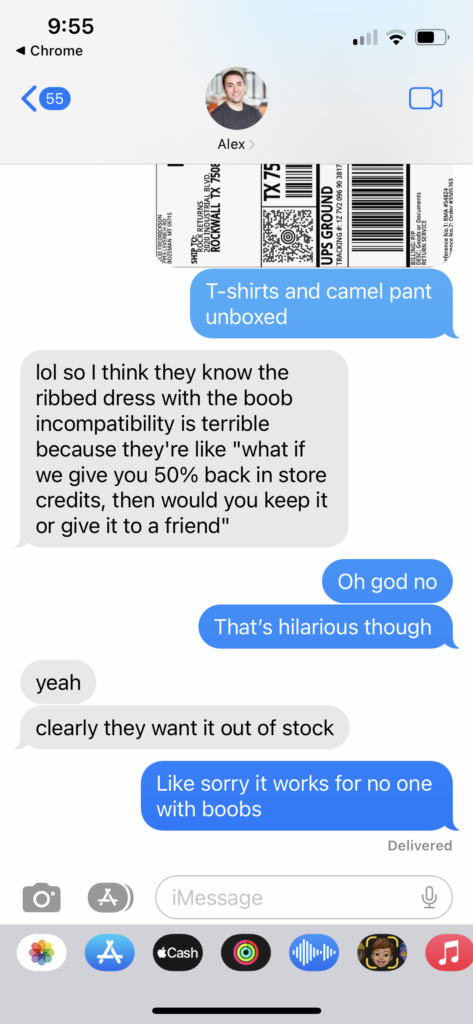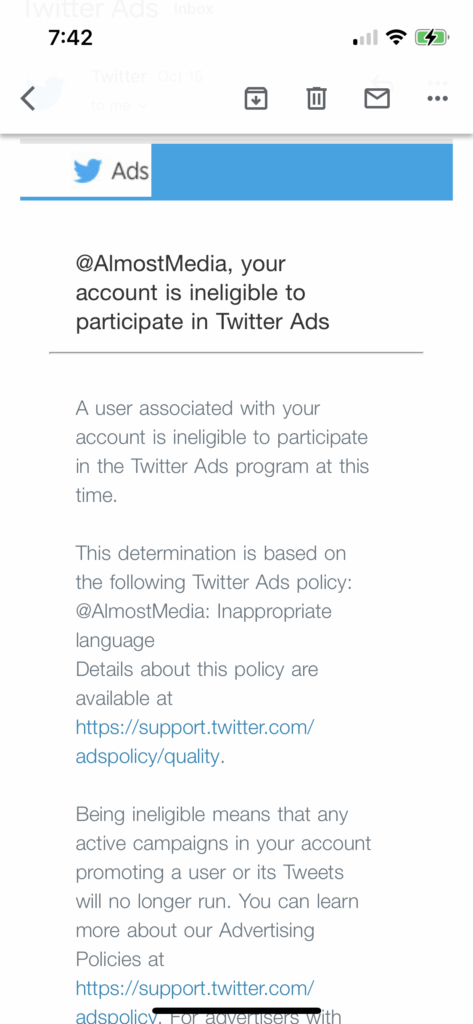I cannot tell if I’m absolutely utterly sick of watching Elon Musk take over Twitter or if I’m having fun watching it all.
Like Musk I am a Twitter addict. I’ve been a power user for the last several years as it was the hottest ticket in town as the media circus around America’s partisan emotional meltdown fomented in the wake of Trump’s presidency. If you were interested in news then Twitter was the place to be from about 2016 onwards.
The funny it is that I’ve had access to Twitter since basically day one but was never a consistent user. A friend was an early employee (so early he went to work for the podcast company) while I got to watch it all play out from the start it didn’t really capture my personal usage for sometime.
I absolutely wasn’t a power user in the early years. I was much more interested in blogging at the time. I ran an advertising network for bloggers and was absolutely obsessed with media. Media was much more interested in WordPress and subsequently Tumblr than it was in Twitter. And I wanted to be where media spent it’s time. Media took a while to really cotton into Twitter.
I was so disinterested in Twitter I didn’t even keep my original handle. I went for years without really being an active participant on the platform as a user. Which was ironic as I did quite a bit of advertising on Twitter.
When I sold my advertising network Coutorture, I decided I needed a corporate job to level up my skills. I ended doing advertising buys and heavy integrations with Twitter as I first went to an agency and then eventually brand side as an advertiser. I was no joke the first brand to live tweet the Super Bowl.
I was a director at an agency that ran digital for Pepsi and I ended up as the voice of Sobe. I was embarrassingly Lee the Lizard during the Super Bowl. At the same time I was also running a second Twitter account for Pepsi based on an SNL skit called PepSuber. We thought it needed to be live tweeted for maximum effect. No joke I was on a conference call with Lorne Michaels at 2am the night before the Super Bowl. The absolute coolest thing I did on Twitter though was probably the first Twitter aggregator. Through my friend I got access to the Twitter API and built a dashboard called Tweefreshing for Pepsi. It was Pepsi integrating all the best tweets of the day for you. It lasted like a day before it got abused. I know simpler times right?
Twitter has gone through a lot of ups and downs as an advertising destination and as a nexus for power and users. It’s always been a circus. It’s never really managed to grow up as a destination for advertisers. I don’t know where it’s going and this is clearly a nostalgia post for me. But over time it won me over. I went from a bystander to an advertiser to a power user. And I remain hopeful it will find a way to remain the greatest show on earth.
